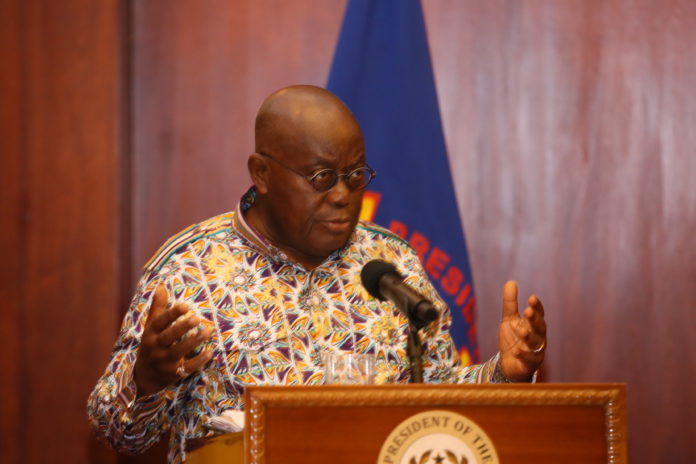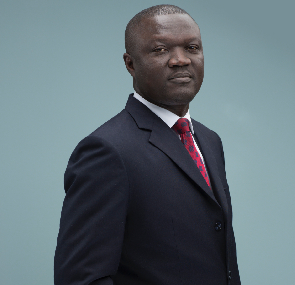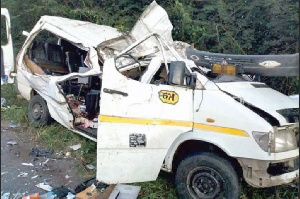Drivers Announce 40% Increase In Transport Fares


A section of drivers belonging to the Concerned Drivers Association of Ghana (C-DAG) has served notice of an upcoming 40% hike in transport fares expected to take effect on 17 January 2012.
The drivers said they were left with no choice due to the increasing cost of operations that have made life unbearable.
“The increment, even though cannot bring an ultimate comfort, can only ameliorate the unbearable hardships facing drivers currently,” the group said in a statement.
It follows a forecast by the Chamber of Petroleum Consumers (COPEC) that Ghanaians are likely to pay more for fuel during the first pricing window in 2022.]
COPEC attributed it to a cut in global crude supply due to the spreading Omicron virus that has resulted in tightened restrictions.
“The ex-pump prices of petrol and diesel are expected to surge by 3.7% and 2.5% respectively,” COPEC said in its monthly report on Monday, 3 January 2022.
Sachet water prices were increased about 100 per cent less than a month ago, and transport fare hikes will be a double blow for Ghanaians.
The ripple effect would be a rise in prices of goods and services, placing a further strain on the economic conditions of the public as the cost of living shoots up.
The Ministry of Transport and the Ghana Private Road Transport Union (GPRTU) are yet to comment on the matter.
A little over a month ago, drivers embarked on a nationwide strike over fuel prices and returned to work only after an intervention by the government.
In the release dated 10 January, the Concerned Drivers Association of Ghana (C-DAG) stated the following reasons for the fare increment:
- Price of fuel commodities at the pumps of the various Oil Marketing Companies. Ghanaians agree that fuel commodities have seen a consistent upward increment and will even soon see another increment as predicted by the Chamber of Petroleum Consumers(COPEC). It’ll be recalled that a little over a month ago, drivers nationwide embarked on a sit-down strike which negatively affected commuters. Even though the Chief of Staff, Frema Osei Opare, on behalf of the government, met with driver unions and promised a reduction in the prices of petrol, unfortunately, that promise has not materialised. We are rather witnessing a consistent increment. Sadly, the government has blatantly refused to wave of the tax components on the petrol prices even.
- Increment of Prices of Vehicles: The prices of cars continue to increase on a daily basis due to high duty rates at the ports. This situation makes it even more difficult to defray the cost of vehicles causing car owners to increase daily sales of drivers. In the end, drivers work virtually for nothing.
- Increment of spare parts and lubricants: the prices of spare parts have also witnessed an upward increment. Coupled with poor roads in the country, drivers are heavily burdened as we have to rapidly change vehicle parts. Our partners, mechanics who replace these parts, have also increased their service charges. Essential engine parts and lubricants have also had their prices increased. For instance, a 4 and a half litre engine lubricant which used to sell at GHC 65 is now sold to us at GHC 110.





